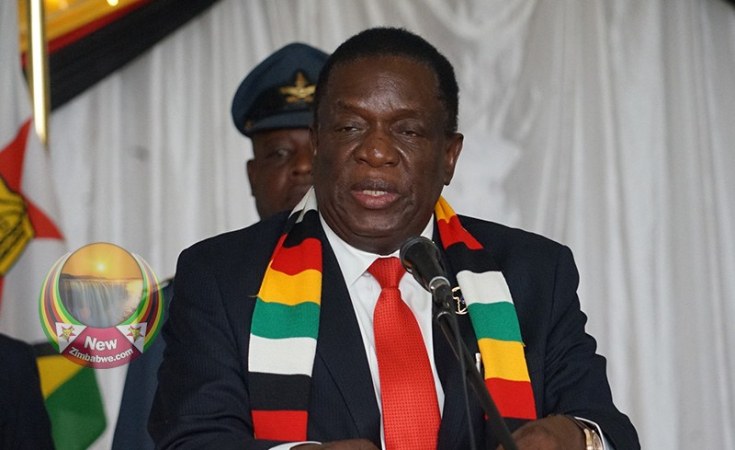As basic food commodities disappear from supermarket shelves in Zimbabwe in the midst of an inflation crisis, President Emmerson Mnangagwa has threatened businesses, accusing them of creating artificial shortages.
Addressing an election rally of his ruling Zanu-PF party in Bulilima District, Matabeleland South province, Mnangagwa said businesses have increased prices of basic goods since the announcement of general elections.
He also accused some in Harare of stocking up basic commodities in their warehouses.
"We are being attacked currently with rising prices. Why, just when we announced that we are going for general elections, our enemies decided that they must cause problems among our people?
"I have been told that some ... in Harare are stocking basic goods in warehouses. Let me warn them, l am having people investigating the warehouses and if it is true, we will confiscate not only the warehouse but the things inside and give it to you and distribute them," said Mnangagwa.
In May, the government lifted all restrictions on the importation of basic commodities amid skyrocketing prices of bread, flour, cooking oil and mealie meal.
But prices of basic food have continued rising with products like sugar, flour and cooking oil disappearing from shop shelves in the capital.
The rise of prices is mainly attributed to the country's annual inflation rate which has more than doubled from May to June, to more than 175%.
With a weakening local currency, Zimbabwe is among the countries with the highest food inflation rates, meaning many Zimbabweans struggle to put food on the table.


